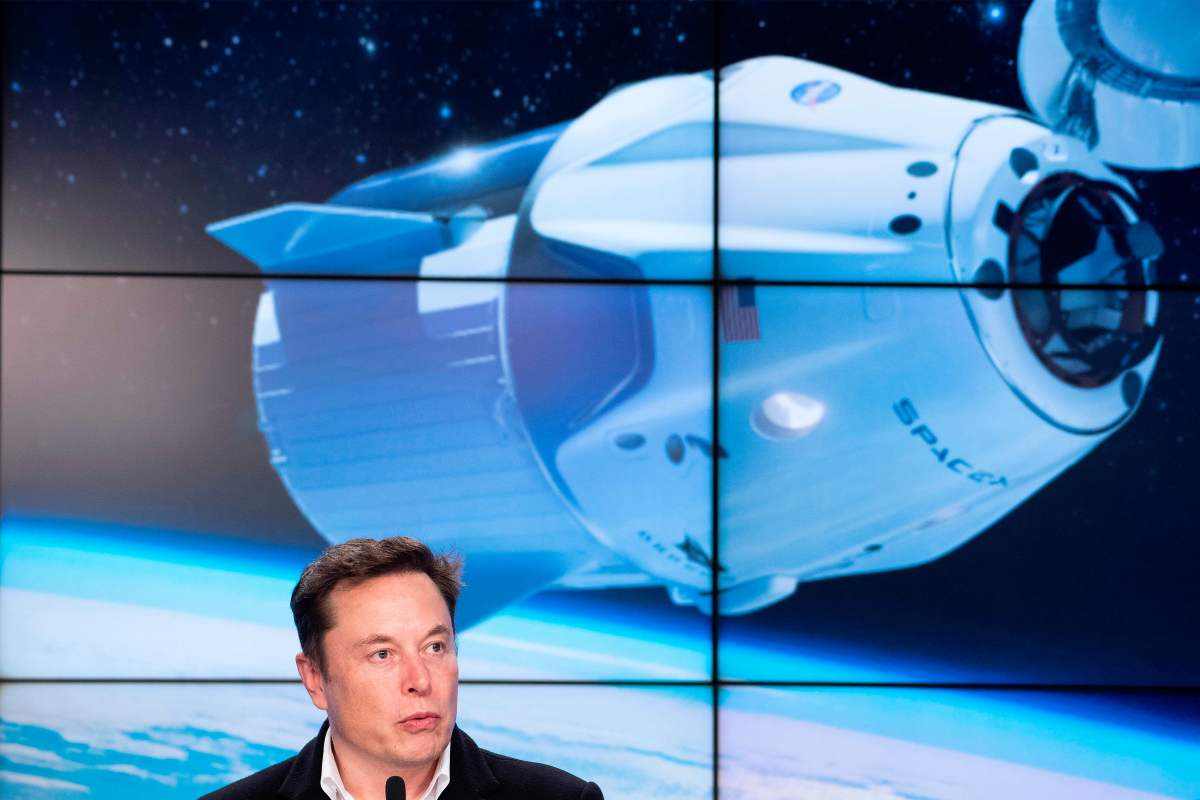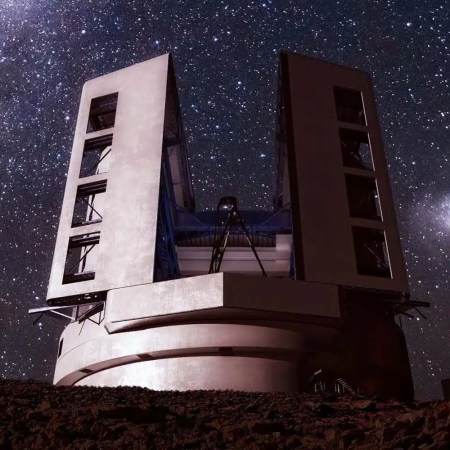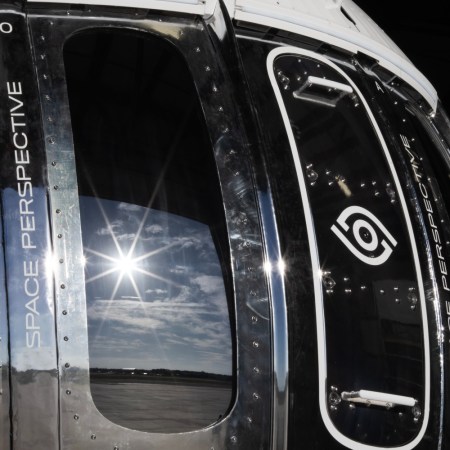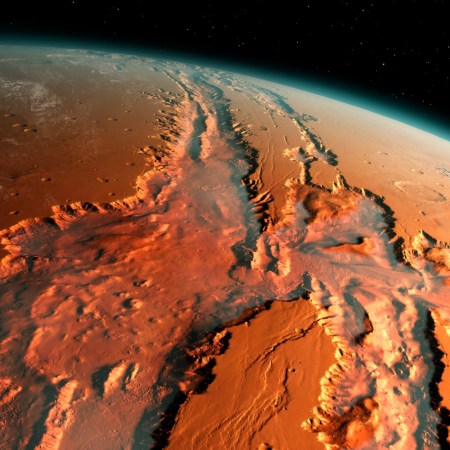The opening words of Star Trek have inspired generations of fans to dream big and reach for the stars, but they also encouraged a handful of super-billionaires to reach for the stars, grab the stars and use them for profit. In the last decade, a race has heated up between billionaire titans — and noted science fiction fans — like Jeff Bezos, Richard Branson and Elon Musk to add space itself to their Borg-like empires. And no one is doing anything to slow them down.
The race to own space between private companies like Musk’s SpaceX and Bezos’s Blue Origin, as well as authoritarian governments with ambitious space programs like China, is explored in a carefully researched new book by Peter Ward called The Consequential Frontier: Challenging the Privatization of Space. Ward’s book provides a detailed history of how control of space changed from a taxpayer-funded contest of national pride between Cold War superpowers to an emerging market fought over by CEOs, corporations and lobbyists. At the same time that climate change is destroying planet Earth, business tycoons are turning to other planets with plans for everything from interstellar mining operations to space cruises for rich vacationers. It all sounds like something out of a dystopian SF movie. “Corporation could soon rule the cosmos,” Ward writes, “and for all the dramatic warnings in science fiction, nobody is paying enough attention to the consequences.”
Science fiction is a recurring thread in Ward’s account of the race to own space. “It’s weird, I didn’t want to repeat myself, but it was an odd thing with everyone I spoke to,” Ward tells InsideHook. “I asked them how they get into it and they would say Star Trek or Star Wars.”
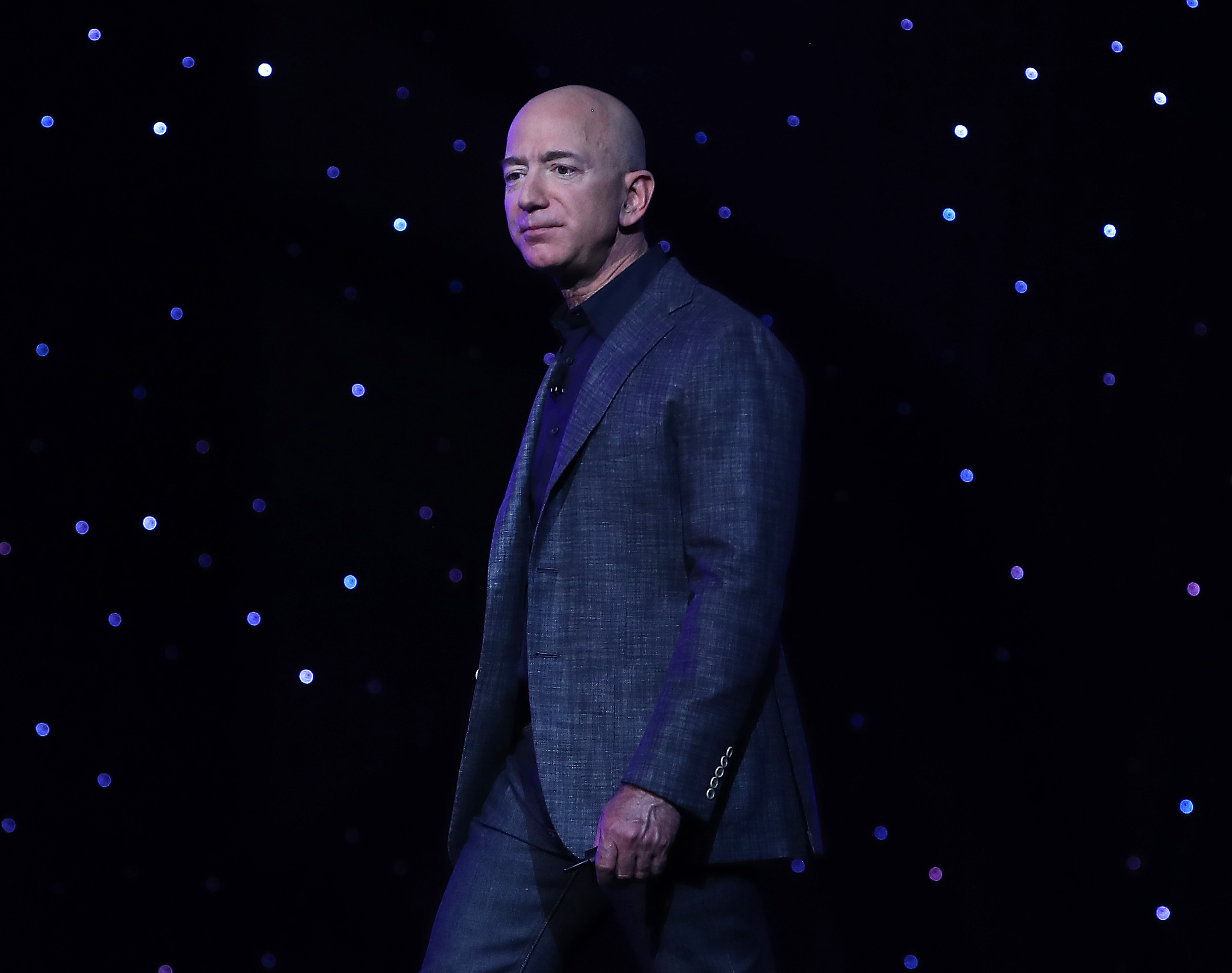
Tech titans don’t usually hide their science fiction inspirations. Elon Musk has named several of his SpaceX spaceships after the spaceships in Iain M Banks’s Culture novels. In The Atlantic’s new cover story, Franklin Foer reports that Jeff Bezos almost named Amazon MakeItSo.com, “a favored utterance of a man Bezos idolizes: the captain of the starship USS Enterprise-D, Jean-Luc Picard.” (Bezos also named his dog after Picard’s “perfect mate” that he’s unable to marry, a fact whose significance is best left to Bezos’s therapist.)
What is fascinating is that Musk and Bezos behave more like the villains than the heroes of these works. Banks’s Culture novels like Consider Phlebas and The Player of Games depict a post-scarcity anarchist utopia in which capitalism has been eliminated. Elon Musk — the son of an emerald mine owner — increased his fortunes with PayPal. Jean-Luc Picard explores the stars to spread peace and increase all of humanity’s knowledge while battling civilizations obsessed with power and money like the Ferengi. Jeff Bezos made billions selling everything in sight online. It seems like the only real lesson they learned from these works is “space is cool!”
Still, Ward says these tech titans seem sincere: “[Musk] does genuinely seem to want to do it for the good of the species. He does have that Star Trek point of view of us going into this utopian future of exploring and inspiring the human race and then eventually saving it if something were to happen to it.” Musk and Bezos have emerged as the key players in the race to privatize space. But they have different motivations. Musk believes that humans must spread through the galaxy for the survival of the species in case something — Asteroids? Evil robots? Nuclear wars? — kills everyone on Earth. Musk has made colonizing Mars his life’s ambition. Bezos, too, cares about humanity exploring space, but he is less interested in colonizing Mars than in how space may save a climate change-ravaged Earth. Bezos anticipates a future where “all of our heavy industry will be moved off-planet” and “Earth will be zoned residential and light industrial.”
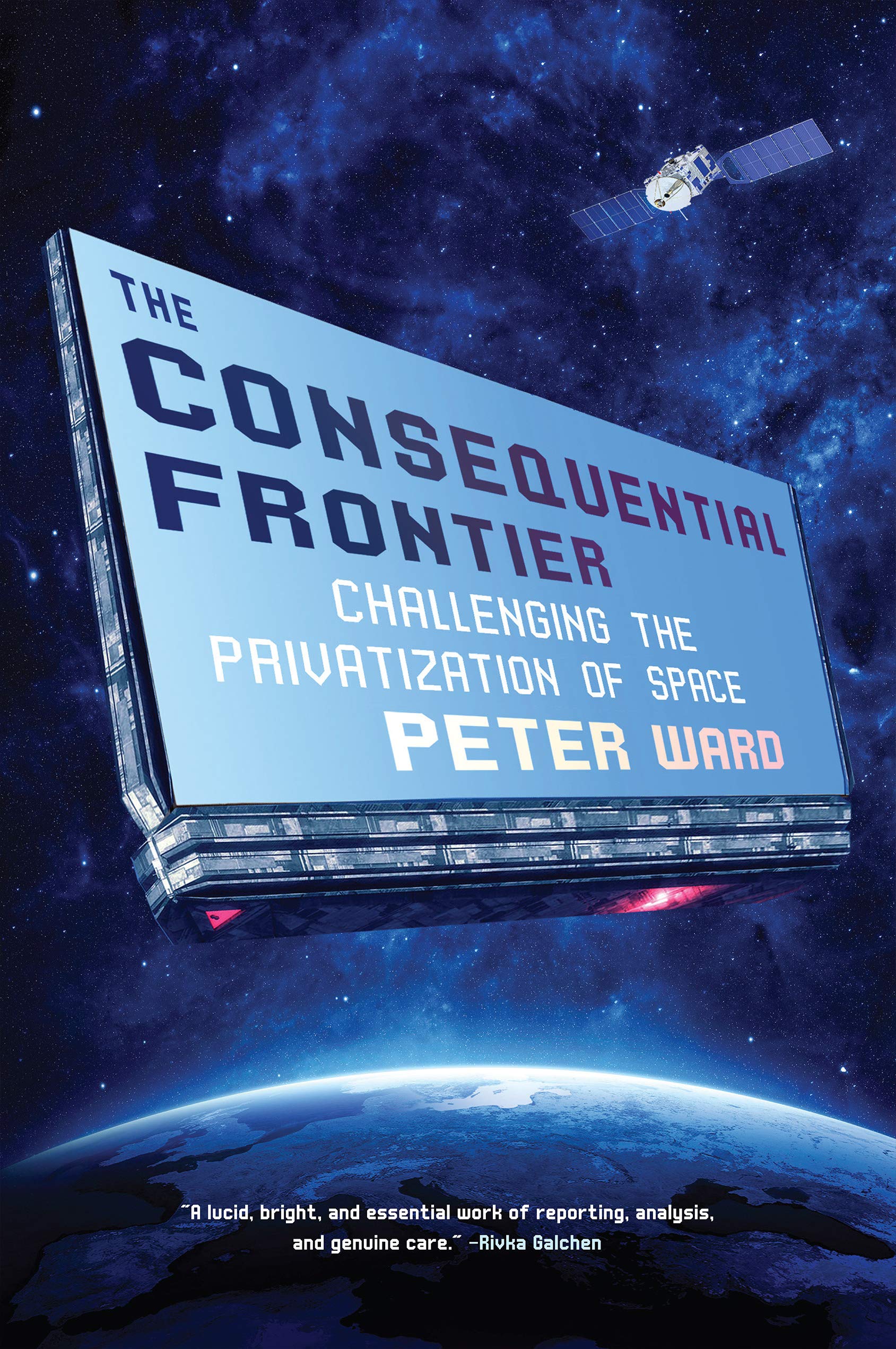
Can we trust Bezos and Musk with the future of the human race? Recently, Musk had to settle with the SEC over his erratic tweeting and was in the news for hiring a private investigator to dig up dirt on a critic. But even if you believe Bezos and Musk are as heroic as Captain Kirk and Jean-Luc Picard, there’s still a risk. They are just two people in what’s looking like a “cosmic gold rush” that will attract more and more billionaires and corporations. Bezos and Musk (if they’re lucky) may be the first through the door, but more will rush after. “It’s kind of like Pandora’s box. If you don’t put rules and regulations before someone does it, then it’s very hard to do it after the fact,” Ward says.
So perhaps the question we should ask ourselves is do we trust the private sector that is damaging Earth right now to protect space in the future? The private sector is bound to prioritize profit over the environment. And the fact is, corporations are already damaging space. We’ve launched so many satellites that our skies are filled with debris, including “more than 500,000 pieces of junk that are about the size of a marble.” You might think a marble is nothing, but, as Ward writes, “space shuttle windows have had to be replaced in the past because of damage caused by mere paint flecks flying through space.” Once again, science fiction has dramatized this issue with 2013’s Gravity, in which Sandra Bullock and George Clooney play astronauts whose shuttle is destroyed by a cloud of debris that forms after a Russian missile strike on a dead satellite. This is a real problem, and a growing one. Every year we launch more and more satellites. Each one that goes into orbit increases the risk of crashes that will have a domino effect to further fill space with dangerous junk. Just this month, Musk’s SpaceX announced they want to launch 30,000 new satellites in addition to the 12,000 they already have planned. As Ward told InsideHook, “the end result could be a cloud of this clutter and junk, which is just smashing its way around the low earth orbit. It’s pretty terrifying.”
Currently, the 1967 Outer Space Treaty says the country that a satellite launched from bears responsibility. But most space junk isn’t trackable, and it’s hard to know how this treaty could really be enforced on rouge leaders much less rogue CEOs. Will China’s moon base ambitions be held in check by a vague treaty from the 1960s? Would Donald Trump, who calls for a U.S. Space Force to dominate the next “war-fighting domain,” accept responsibility for problems caused to Chinese interests by a SpaceX rocket? Could anyone stop SpaceX, Blue Origin, or any other company if they install bases on Mars?
The likes of Bezos and Musk might have been inspired by science fiction utopias, but their unchecked ambition could easily lead us to dystopia. As Ward’s The Consequential Frontier illustrates, we as a people have to make these decisions about the future of space soon. Because if we don’t, the final frontier might be fenced off for all but the tech titans that claim it.
This article was featured in the InsideHook newsletter. Sign up now.
